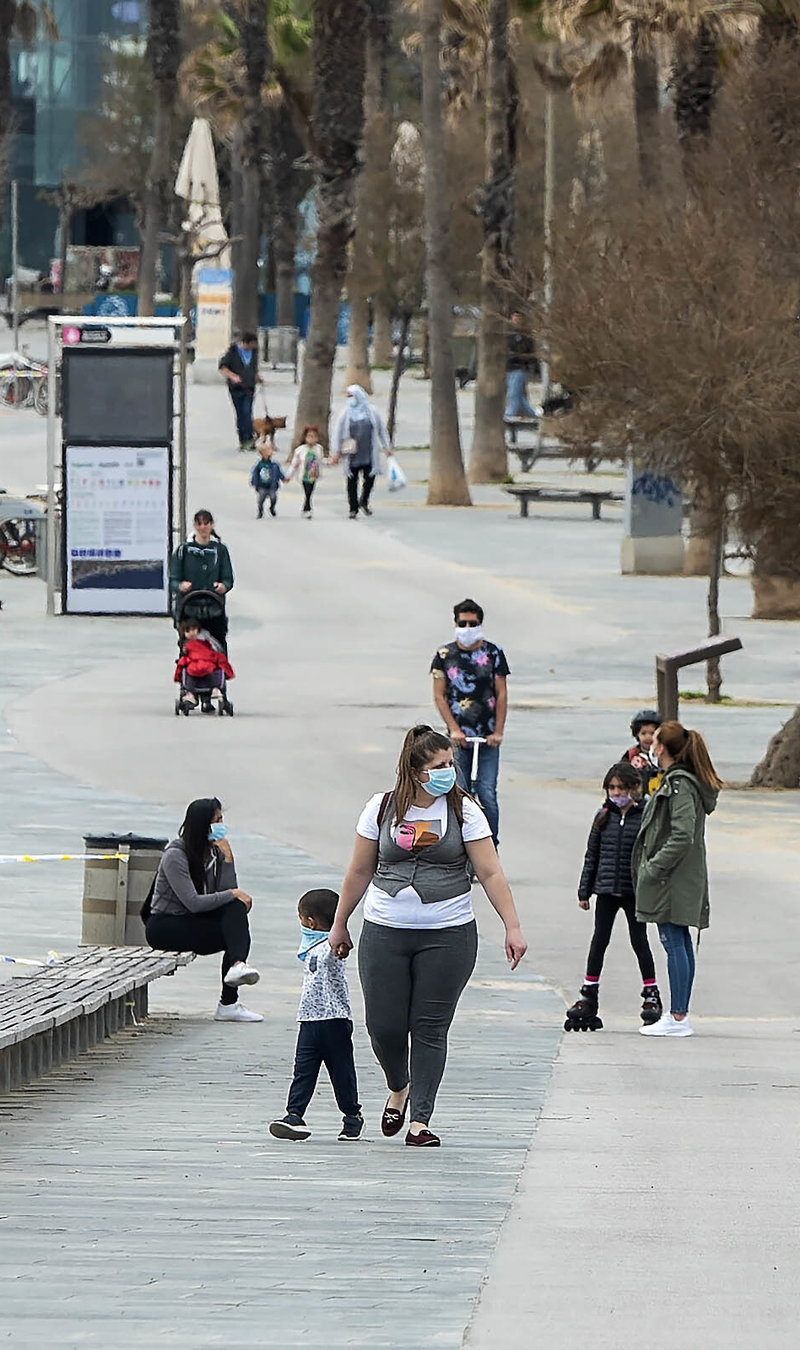THE CULTURAL TIGHTROPE
A bit cheeky
For this month’s column I’m going to set aside my hitherto shunning of all things coronavirus and address an issue taken from a recent newspaper article, which was entitled: “Children and roguish adults take to the streets” (my unsatisfactory attempt at a translation from the Spanish “Los niños y la picaresca de los adultos toman la calle”). Adjectives: roguish, rascally. Nouns: guile, chicanery, (lit) subterfuge. That’s what you find if you look up picaresca in the Collins Spanish-English dictionary. In other dictionaries it even appears translated as “cheeky”. It’s a word that is very much connected with Spain – as opposed to Catalonia, where the go-to word is seny, also difficult to translate but generally accepted as common-sense or, according to Wikipedia, “a form of ancestral Catalan wisdom or sensibleness”.
I have an issue with the Collins translation of picaresca, because the aforementioned English words used to translate it don’t do enough to capture the generally selfish and irresponsible side of such behaviour in my book. And what could be more revealing of that side than the sight of whole families flouting protocol on the first day of the relaxing of lockdown rules for the coronavirus? That was such a disappointing turn of events after the heroic widespread effort to observe confinement. Finally, kids are allowed out after a seemingly endless period stuck at home, which must have been particularly frustrating for those families with no or little outdoor space, and many ignore the precautions devised to save others’ lives, a behaviour the media describe as roguish, rascally, well, you’ve seen the list.
I was dumbfounded to see the photos of children and adults milling about by the beach in Barceloneta on Sunday April 26 as if greeting the arrival of any other spring, rather than this particular one. Rule-breaking took various forms: not wearing a mask, not respecting a distance of 1.5 metres, more than one parent or guardian accompanying the kids, going out with more than the maximum of three minors and staying out for more than an hour. The most frequently committed offence, according to the police, was that of parents with more than one child taking the opportunity to both go out, although separated, to later meet at a specific point.
The first reaction from the Ministry for Health was to be expected: a warning that “some criteria will be adjusted” if the recommendations are not followed in the upcoming days. This all smacks of children being told off by teachers, when we are talking about adults being told off by the government. Clearly, this happens in all cultures: the news of police having to shut down 494 house parties in Manchester a few days after lockdown had started being ample proof of this. But my observation here is about the cultural causes of such behaviour. Defiance before authority is one reaction, and perhaps more typical of countries like the UK and US, where “the right to” do this that and the other, including bear arms (or shoot people as I see it), is such a common defence.
However, the difference, to me, is that defiance has an element of honour to it. It can be seen as a defence of one’s own values when they have come under threat; picaresca, on the other hand, has always felt to me more like only looking out for yourself and others be damned.


